Are you seeking the latest journalism jobs in Malawi? Ntchito.com is the premier platform connecting aspiring and seasoned journalists with leading media organizations across Lilongwe, Blantyre, and the entire nation. Explore opportunities in broadcasting, print, and digital media, and take the next step in your journalism career within Malawi’s vibrant and evolving media landscape.
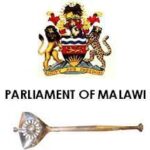
Editor of Hansard

Public Relations Officer

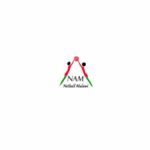
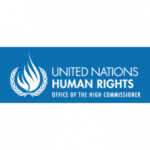

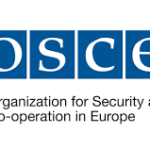


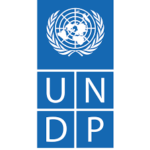
Support in Rapporting for Malawi Youth Summit 2025



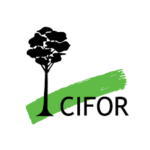







FAQs for Journalism Jobs in Malawi
What qualifications and skills are essential for senior journalism roles in Malawi?
To excel in senior journalism positions in Malawi, a robust combination of formal education and practical experience is crucial. Typically, employers look for candidates with at least a bachelor's degree in journalism, mass communication, or a related field. Advanced degrees or specialized training can be a significant advantage. Essential skills include exceptional writing and editing abilities, investigative journalism techniques, and a deep understanding of media law and ethics specific to Malawi.
Furthermore, proficiency in digital media is increasingly important due to the industry's shift towards online platforms. Familiarity with content management systems, social media engagement, and multimedia storytelling can set you apart. Engaging in continuous professional development through Courses & Trainings (Funded) can enhance these skills and keep you abreast of the latest industry trends.
How is digital transformation impacting journalism careers in Malawi?
Digital transformation is reshaping the journalism industry in Malawi, creating both challenges and opportunities for professionals. Traditional media outlets are expanding their digital presence, requiring journalists to adapt to new technologies and platforms. This shift has increased the demand for skills in digital content creation, social media management, and data journalism.
Journalists who embrace these changes can leverage new career paths and roles. Upskilling through relevant Courses & Trainings (Funded) is advisable. Additionally, understanding digital audience engagement and analytics is becoming essential for measuring the impact of journalistic work in the digital age.
What strategies can I use to network and find unadvertised journalism positions in Malawi?
Networking is pivotal in uncovering hidden journalism job opportunities in Malawi. Building relationships with industry professionals can lead to insider knowledge about unadvertised positions. Attending industry events, workshops, and seminars facilitates direct connections with editors, producers, and hiring managers.
Leveraging online platforms is also effective. Participating in professional groups on LinkedIn and engaging with content relevant to Malawian journalism can increase your visibility. Ntchito.com's guide on Navigating Malawi’s Hidden Job Market provides valuable insights into accessing these opportunities. Remember, proactive networking often leads to referrals and job leads that are not publicly posted.
How can I advance from local to international journalism as a Malawian professional?
Advancing to international journalism requires strategic career planning and skill development. Building a strong portfolio that demonstrates versatility and excellence in reporting is fundamental. Seeking assignments that have international relevance or collaborating with global media outlets can showcase your capability to handle international stories.
Pursuing opportunities listed under Internationally Recruited positions on Ntchito.com can be a starting point. Additionally, applying for international fellowships, scholarships like Masters Scholarship, and attending global journalism conferences can expand your network. Understanding international media standards and being fluent in multiple languages can significantly enhance your prospects.
What are the ethical considerations unique to practicing journalism in Malawi?
Journalism in Malawi operates within a specific cultural, legal, and ethical context. Professionals must navigate issues such as censorship laws, freedom of the press, and the responsibility to report accurately and fairly. Understanding the Media Council of Malawi's regulations and the Communications Act is essential to ensure compliance and uphold journalistic integrity.
Moreover, ethical journalism in Malawi involves sensitivity to social issues and cultural norms. Reporting should aim to promote positive social change without exacerbating tensions. Engaging in continuous education through Training Opportunities focused on media ethics can help journalists stay informed about best practices and emerging ethical challenges in the Malawian context.